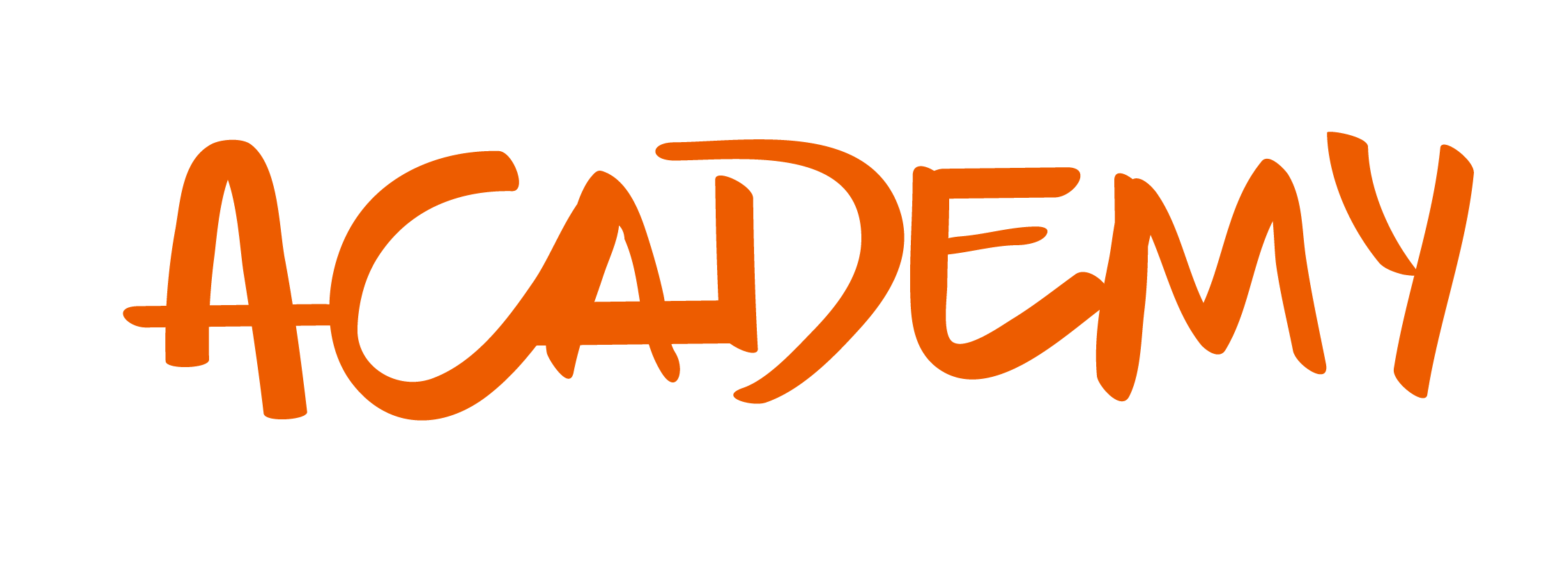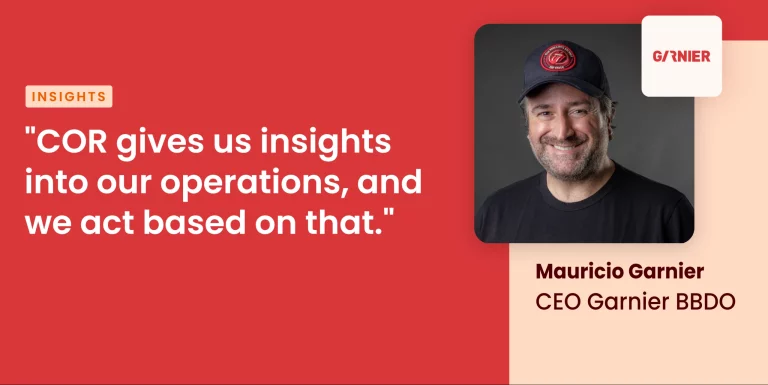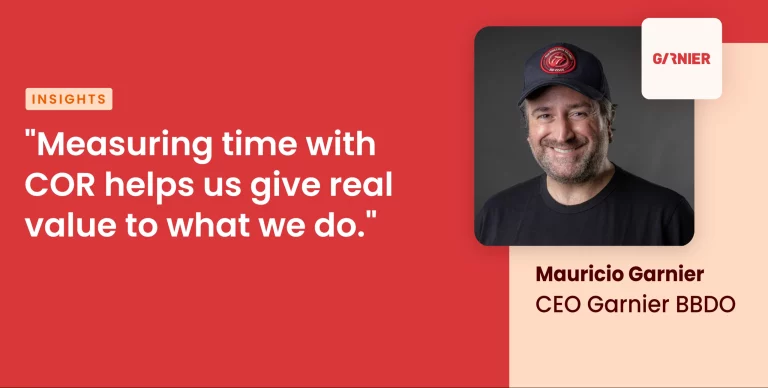In a creative agency, every minute counts. Literally. But we’re not just talking about looming deadlines. Tracking work hours is one of those practices that often gets overlooked, treated more like a formality than a real tool to improve team performance. However, doing so can make a big difference, especially when it comes to one of the most common pain points in any agency: reworks.
Transparency that gives you control
When team members track their hours, it’s not just about knowing how many hours are worked, but about seeing clearly how that time is distributed. This allows you to quickly spot if a task took longer than expected or if certain types of projects consistently need adjustments. With this information, you can make proactive changes before issues become major bottlenecks.
Without a clear idea of the time invested, it’s easy for tasks to pile up, resources to be underestimated, and for the team to end up chasing projects instead of managing them proactively.
What about reworks?
Reworks are a silent enemy in a creative agency. Sometimes it seems unavoidable, but the reality is that it often happens due to poor planning or unclear communication. When you don’t know how much time the team spent on a deliverable, and last-minute changes come in, it’s likely that you can’t anticipate the true impact of those changes. This not only delays the project but also drains the team.
Tracking hours allows you to identify patterns. Maybe it’s always the same client requesting changes or the same type of project requiring multiple adjustments. With this information in hand, it becomes easier to make decisions: Do we need a bigger budget for certain clients? Or maybe we should tweak the initial meetings to prevent unexpected client requests down the line?
Better planning, fewer corrections
Another key benefit of tracking hours is that it forces you to plan better. If you know a certain type of project typically takes X amount of hours based on historical records, you can plan more realistic delivery times, giving the team the time they need to do things right from the start. This simple adjustment reduces the likelihood of changes later on, and as a result, reworks decrease.
The impact on profitability
A creative agency doesn’t live off ideas alone—it lives off making those ideas profitable. If the team is spending twice the amount of time fixing work that was already considered finished, profitability drops. Keeping track of hours gives you a clear view of whether projects are profitable or not. If you find that the time spent on changes and corrections is too high, you have the data to renegotiate contracts or adjust processes.
Better communication and more clarity for the team
Finally, tracking hours doesn’t just benefit management. For creative teams, knowing how much time they’re expected to dedicate to a project gives them clarity about their workload and helps avoid the stress of last-minute requests. A team that manages its time well is a team that works better, with less stress and better results.
So, even though it might seem like a minor detail, tracking hours is a key tool for any creative agency that wants to be more efficient and reduce the amount of reworks. Are you doing it in yours?














